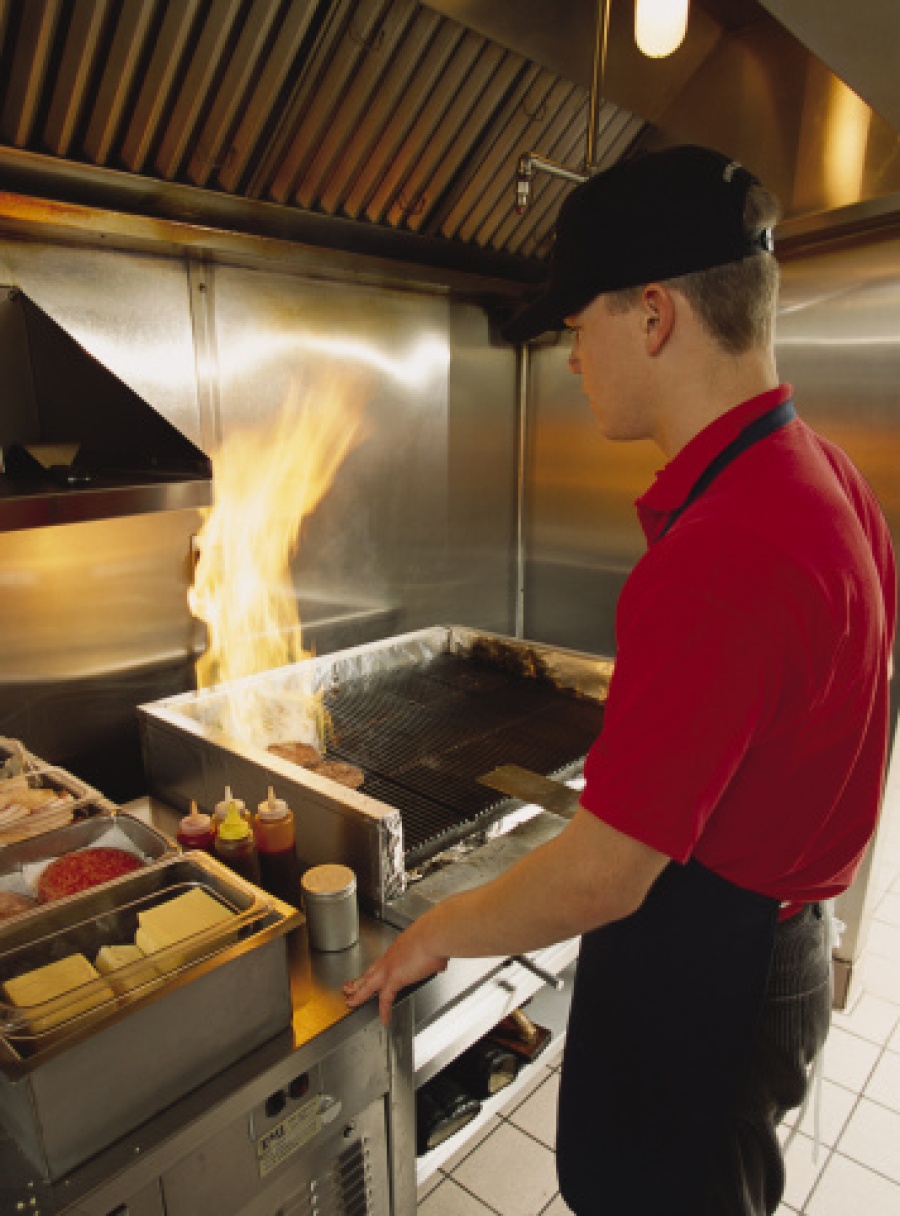Recently, the National Labor Relations Board (NLRB) denied McDonald's Corporation's appeal to dismiss claims that it is a "joint employer" with its franchisees. This comes after 310 unfair labor practice charges were reported.
Right or wrong, the fast food franchise has been used as the poster child for employee mistreatment. McDonald’s franchises have been charged with alleged discriminatory discipline, reductions in hours, and discharges. There are also reports of inappropriate handlings with union representatives.
Under the old joint employer standard, McDonald’s would not have been held responsible for the labor practices at franchisee-owned restaurants. Last week’s decision by the NLRB to expand the definition of a joint employer, citing the change in the workforce landscape since 1990, suggests that McDonald’s should be ruled a joint employer because of the control it has over the labor relations policies of its franchise owners. Because of this control, the franchisor is considered partly responsible for these allegated charges.
What This Means for Franchisees
For McDonald’s in particular, there is fear it will further slow down the brand’s franchise growth in an already challenging time for the company. One of the reasons franchisees look for businesses to invest in is to have something they can control.
Many feel that this legal decision could tarnish the perception of the franchisor/franchisee relationship to prospective franchisees, essentially tying franchisees to the apron strings of the franchisor and limiting their ability to truly feel like a business owner instead of a manager in their eyes.
For current franchisees, experts expect that the number of lawsuits filed will likely rise, given the assumption that McDonald’s as the franchisor will ultimately have to pay out from its deep pockets. However, there is an indemnification clause in the McDonald’s franchise agreement that puts the franchisee directly responsible for lawsuits; not the franchisor.
What This Means for McDonald’s Employees
Maybe nothing, and maybe a lot. With national attention on the brand’s faults when it comes to employment, there’s a good chance that employees will be treated better...at least until the hullaballoo dies down.
What This Means for Other Franchises
Expect this same situation to possibly rise again for other brands, if they take a turn in the hot seat. For now, let’s hope that McDonald’s serves as a cautionary tale to other franchisors, who will then step up to ensure that their franchisees are treating employees properly.
Susan Payton is the President of Egg Marketing & Communications, a marketing firm specializing in content writing and social media management. She’s written three business books, including How to Get More Customers With Press Releases, and frequently blogs about small business and marketing on sites including Forbes, AllBusiness, The Marketing Eggspert Blog, and Tweak Your Biz. Follow her on Twitter @eggmarketing.














